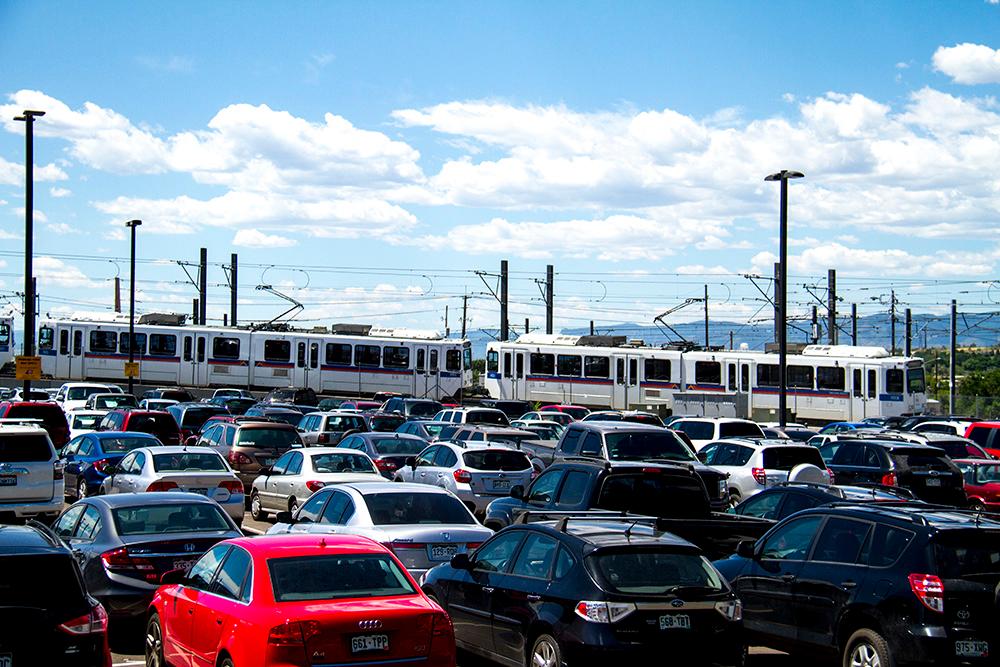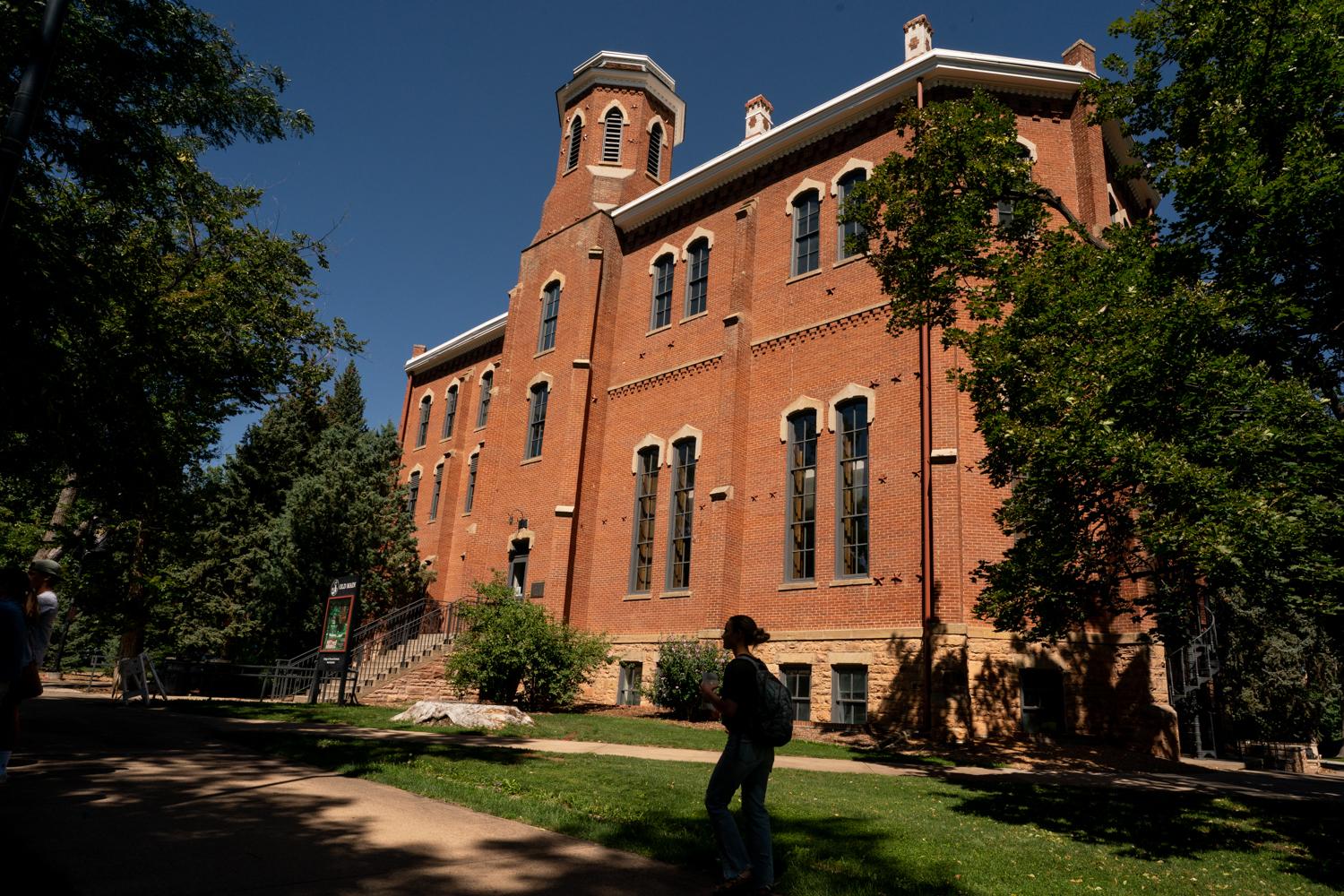
The Regional Transportation District could get more flexibility to raise parking fees, contract out more of its services, and lower its passenger fares if the state legislature follows through on recommendations issued Monday.
The RTD Accountability Committee, convened by Gov. Jared Polis and legislative leaders, made the recommendations as part of an effort to boost ridership and help the transit agency become fiscally sustainable.
"These are not silver bullets,” said RTD Accountability Committee Co-Chair Elise Jones at its meeting Monday. “They will not magically make everything great for RTD. But they are important ways to create that flexibility.”
The recommendations were drafted in consultation with RTD and key legislators, Jones said.
- Remove a requirement that RTD get 30 percent of its operation costs from fares. Also known as a farebox recovery ratio, this metric is used by transit professionals to measure the cost-efficiency of service. The committee says removing the requirement would give RTD more flexibility to lower fares and, in turn, increase ridership.
- Remove language that prevents transit-oriented development near stations. RTD can contract with other entities to allow for business and housing at its transit stations — but only if they do not reduce transit service, “adequate” parking or result in competitive disadvantages for nearby businesses. The committee is proposing that the latter two provisions be removed, which it says would encourage more development near stations and revenue for RTD.
- Give RTD more authority to charge for parking. Currently, RTD can only charge in-district residents to park at its many park-and-rides if they stay longer than 24 hours. The committee says that restriction should be removed so the agency can raise more revenue, though, Jones warned, "this is an opportunity that would have to be used carefully,” because it could depress ridership.
- Give RTD more latitude to contract out services. Now, RTD can contract up to 58 percent of its service out to private businesses. The committee wants to remove that cap, and also allow RTD to contract with nonprofits and local governments. That change would allow RTD greater flexibility to work with ride-hailing companies like Uber and Lyft, Jones said.
The report will soon be sent to legislative leaders, Jones said, who will return to the Capitol for their full session in February.








